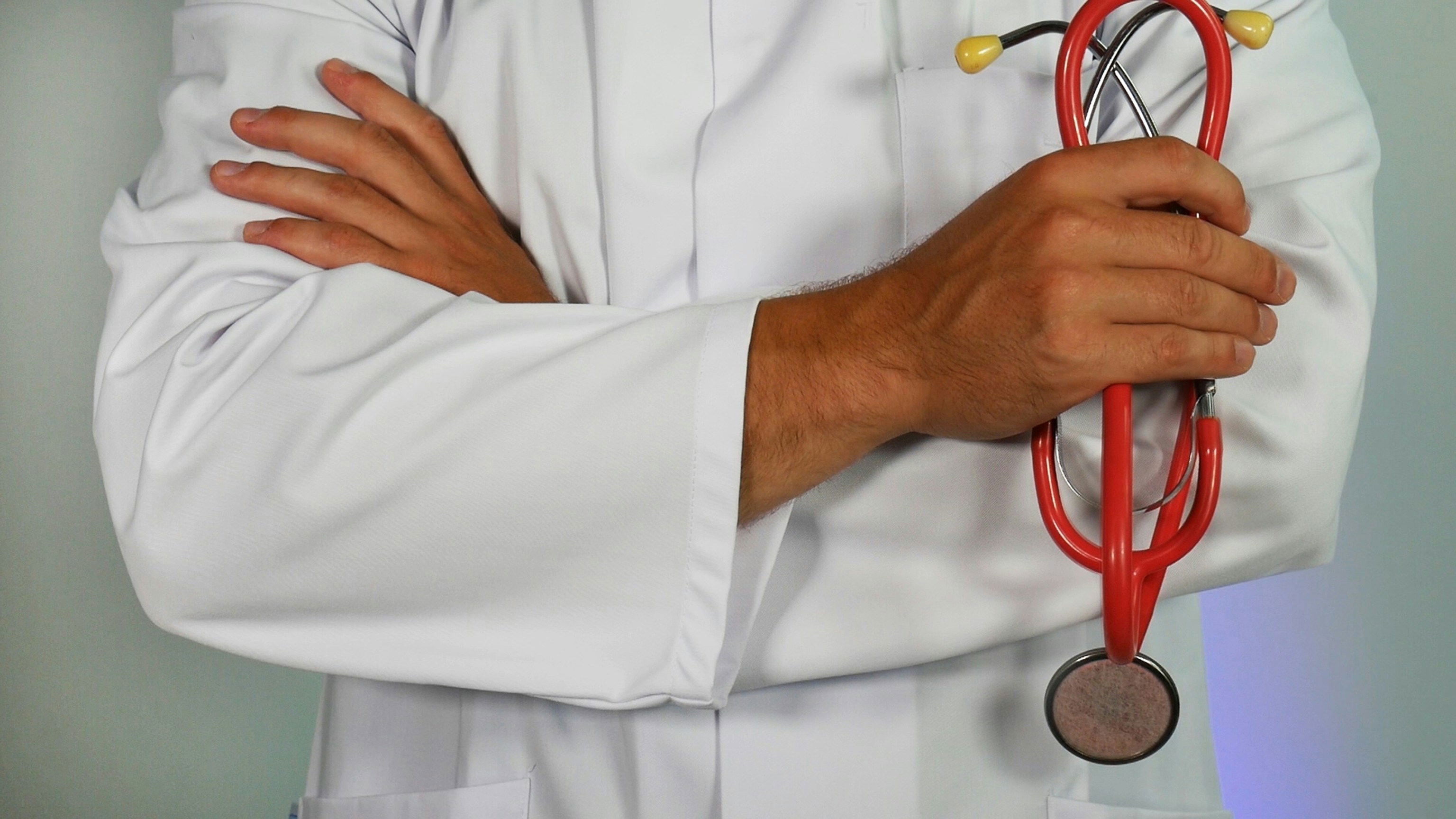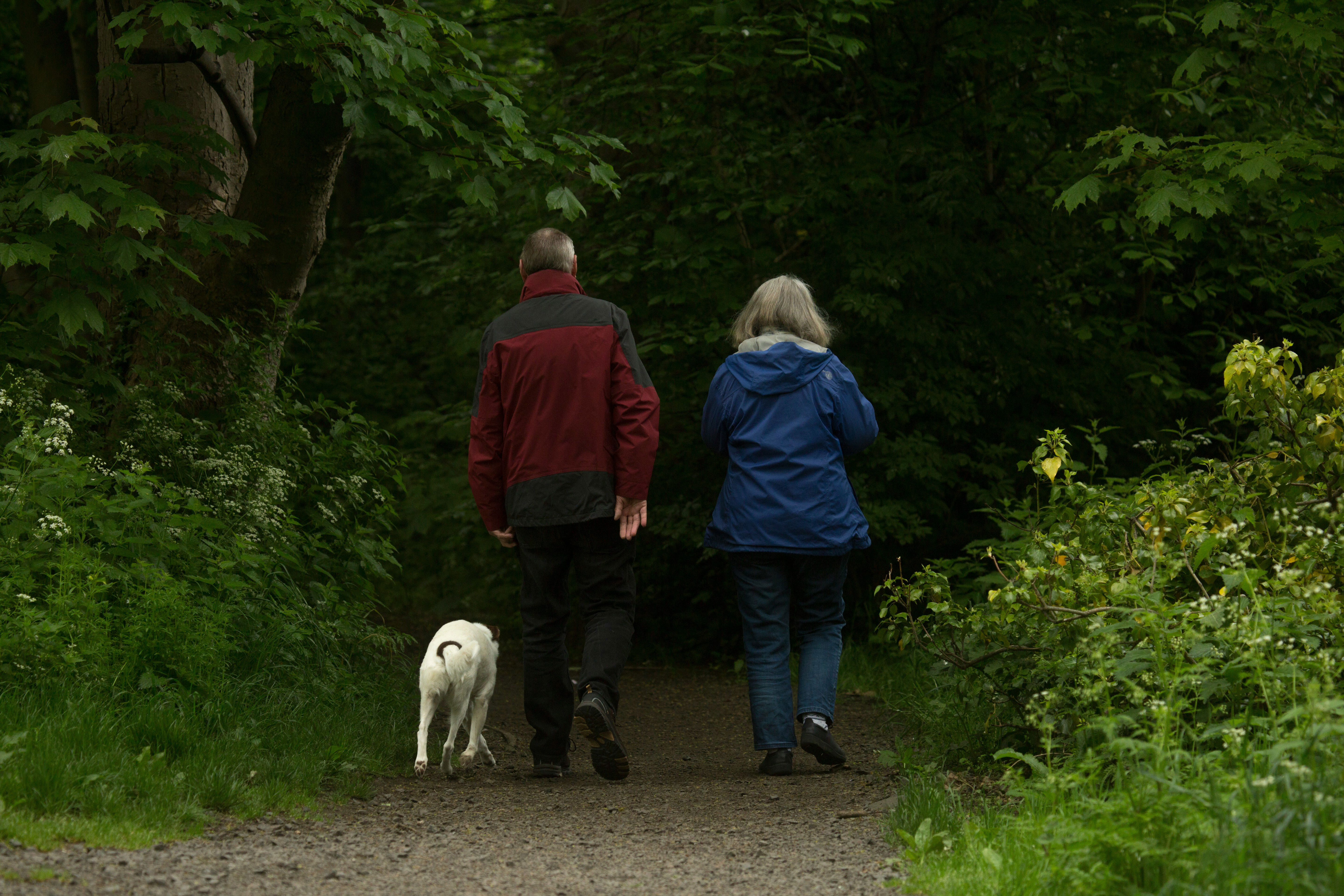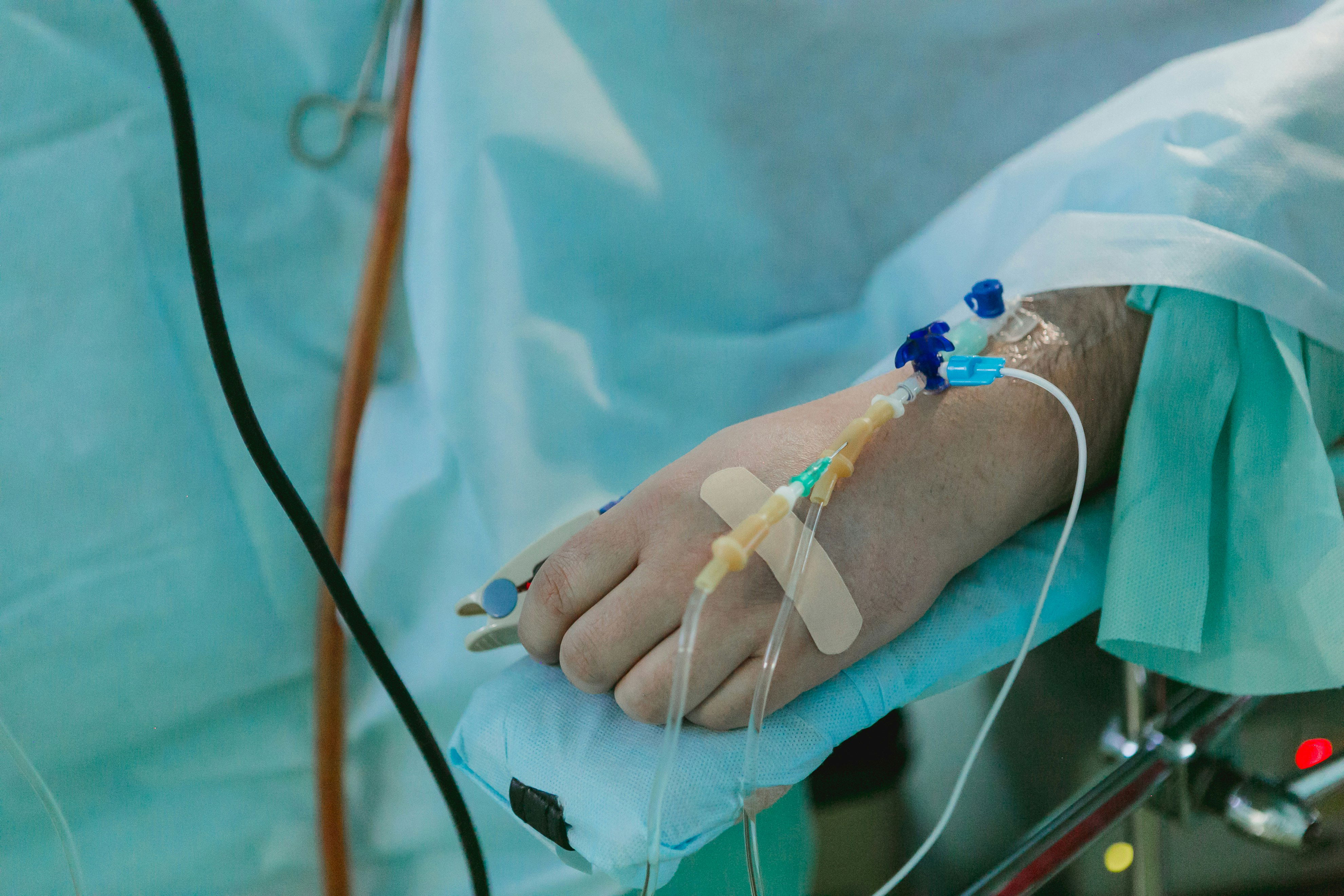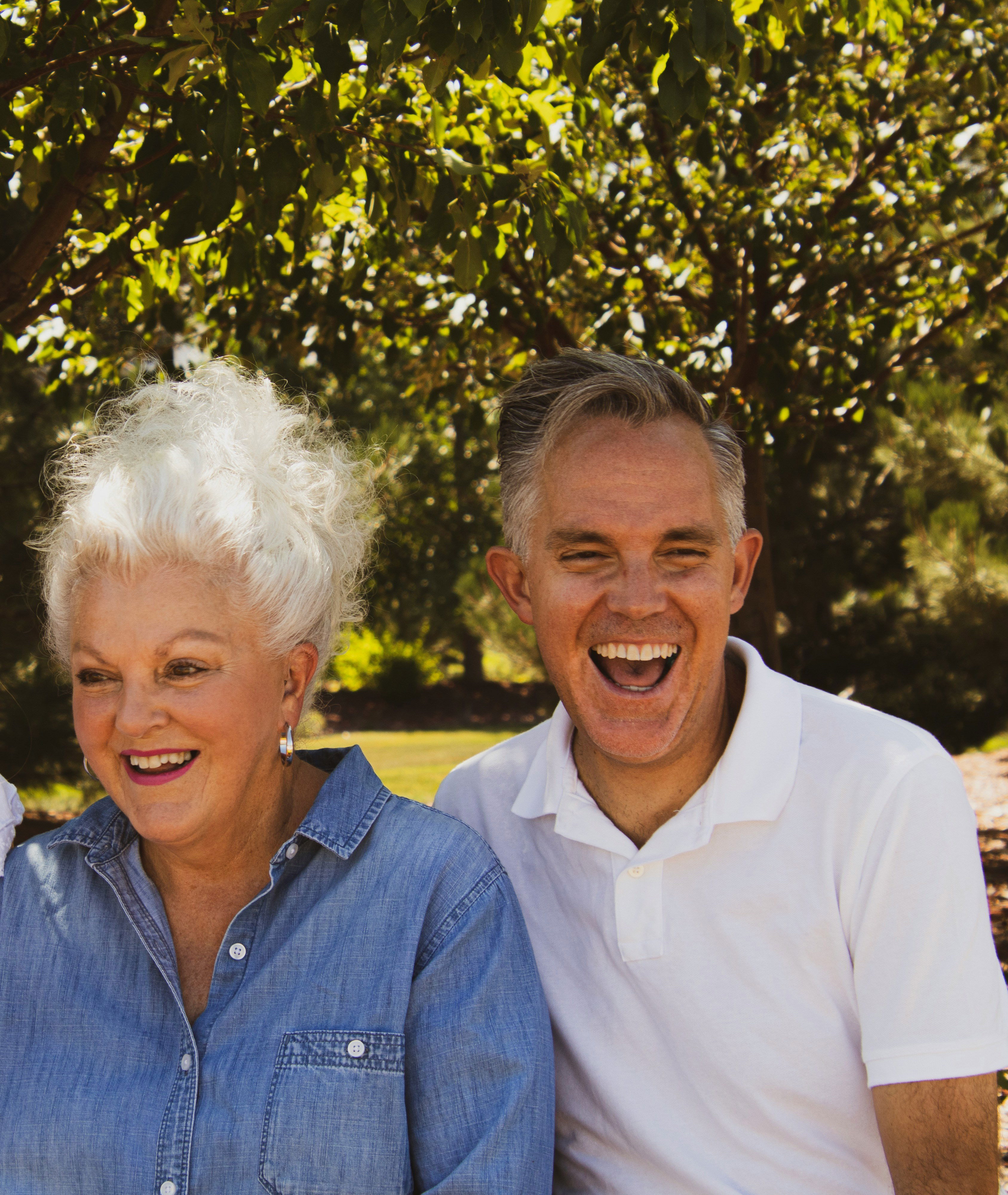Understanding Costa Rican Healthcare
In the last decade, Costa Rica has become a popular destination for expats, both as a vacation spot, and as a place to retire.
Since most retirees are over 60, the question of healthcare comes up a LOT. Luckily there are many positive aspects to the Costa Rican Healthcare system.
Not only does the country boast thriving Medical and Dental Tourism Industries, it is responsible for the development and production of world class medical equipment and supplies.
What does this mean for you as an expat? It means that, in many cases, even the smallest Costa Rican clinic has access to the most modern and up-to-date equipment and technology. In fact, Costa Rica's Heathcare system is currently ranked 30th in the world (according to the World Population Review https://worldpopulationreview.com/country-rankings/best-healthcare-in-the-world). The US hits that list at 69th, and Canada sits at number 32.
This is one of the reasons that Medical and Dental Tourism is appealing in the first place. The other is price. One thing to keep in mind though, is that price is subjective. If you come from Canada (as we do), the need for medical procedures brings up a bit of a conundrum.
Since much of our medical care is free in Canada, it may not make sense to pay for care in Costa Rica... unless of course, you factor in the wait time for the average medical procedure in Canada. if you need something right away, you have a much better chance of getting it quickly in Costa Rica. In that instance, even paying out of pocket has appeal.

If you hale from the USA, the cost of medical care in Costa Rica is much lower, and it is Americans who are driving the success of the medical and Dental Tourism Industries. We have spoken to people who came down to Costa Rica for a month to have a full set of All-on-X implants put in. They said the flights, the hotel stay, the cost of food, AND the procedure came to less than the quote they received in the US.
It's crazy but it's also true. Why does this happen? Two main reasons.
- When Costa Rica abolished their military, the government made the decision to funnel those funds into education and healthcare. Free education means a higher than average percentage of the workforce has post-secondary education.
- While the economy of Costa Rica is growing, and will continue to improve (thanks to the influx of international business and the growth of tourism), it is not there yet. The average monthly income for a Costa Rican employee is around $600 US a month (last time I checked).
When you put these two things together you get a strong, educated workforce with a lower labor cost. This allows Costa Rican Medical and Dental Clinics to offer the same services at a lower overall cost to the customer/patient.
What About Expats Who Live Here?
Of course, there is a big difference between heading to Costa Rica for a single procedure and living here. This article will help you understand what to expect, and how to make the most of what is available.

Firstly, how does the Costa Rican system differ from what you are used to? In many ways, it's actually a combination of what you will find in Canada and the US.
Meaning, there is a social medical system in place, commonly known as the CAJA. TAND there is also a Private Medical System where you pay for services as they are given.
The CAJA
Through the CAJA, residents receive 100% coverage for appointments, medical procedures and prescription drugs. Every resident pays a monthly fee in exchange for the ability to walk into any public hospital and receive care. The fee that you pay is based on a percentage of your monthly income (between 7-11%). Obviously, the wealthier you are, the more you pay.
Only residents have access to the CAJA system, although anyone can walk into any hospital or clinic and receive care, so only residents are expected to pay into the CAJA.
This becomes important when you start your residency process. Since it can be a lengthy process, many people decide to start it before they actually retire in the hopes that it will all be in place when they arrive in Costa Rica ready to put their feet up and relax.
The downside of this is that once your residency is approved, you are expected to sign up for the CAJA, and your monthly fees begin. So, if that happens before you are ready to move, you could be paying for a service you aren't receiving.
Private Heath Care
If you are not part of the CAJA, ie- you are a non-resident, you will be expected to pay out of pocket... or through a private medical insurance. People who ARE part of the CAJA can also choose to use private medical care.
Why would they do that?
- They don't speak Spanish and are more comfortable having access to English-language medical staff. (while some people in the CAJA will speak English, it is by no means guaranteed)
- The wish to jump the line (as with all socialized medical systems, wait times can be lengthy for certain procedures.
- They need specialized care.
So, let's talk about private healthcare costs. As I mentioned earlier, the cost of a procedure like, for example; a knee replacement can be 1/4 of the cost of the same in the USA, which makes it appealing.
Anyone can take advantage of the affordable healthcare and health insurance (as a visitor) is not required, although it is recommended.
One major advantage of the private system is that the cost of each procedure is available beforehand, so you know what you are getting into.
A standard Doctor's visit will cost less than $75, a specialist visit more like $100 (all prices are in US dollars- FYI, because CAD is not accepted in CR).
Ultrasounds, X-rays and bloodwork are all generally under $100 as well. When you get into more complex scans, prices go up. A CAT scan can run you anywhere from $1200 to $9000... in the US, it can cost up to $20,000.
If there is the possibility that you will need regular healthcare, or more specialized procedures, THEN it's a good idea to ensure that you have a little help with the costs.

This can be done in a few different ways. Some of you will already have health insurance coverage. If there is a proviso that allows you international care then you are already ahead of the game.
If that coverage isn't extensive enough, or you don't already have coverage, then you can buy heath care insurance specific to Costa Rica. You will find familiar names like Blue Cross, and Blue Shield, as well as the government owned/run INS.
Depending on your level of health and coverage and the size of your deductible, this can run you anywhere for $70-$1000 a month. To get a more specific quote, we highly recommend Freddy Pacheco. Not only because he is a known and trusted name, but because he can also create a package for home and car insurance.
If you don't have any major heath concerns but you like to have a bit of a safety net, there is another option. MediSmart is a subscription healthcare plan. What does that mean? It means you pay a small amount per month for membership. In exchange they provide discounts for medical procedures, and prescription medications. They even have a plan that includes pets.

You can save a LOT of money on emergency things, like CAT scans, or broken bones. The one drawback to using MediSmart is the the discounts only apply at affiliated hospitals and clinics, so you may need to head to the city for any procedures you need. You can read more about it here.
https://medismart.net/en/home/
A Summary
The bottom line when it comes to healthcare in Costa Rica is this. The doctors and medical practitioners are well-trained (often in the US), and have access to modern state-of-the-art equipment and facilities in most large clinics and hospitals.

If you become a resident, you will be expected to enroll in the socialized medical system and pay a monthly fee, but that does not limit you in any way. If you feel more comfortable at one of the Private Hospitals, you can make that choice and there are ways to help mitigate the out-of-pocket costs.
For non-Spanish-speaking expats, the main concern with local healthcare may be the ability to communicate reliably with the medical staff. Luckily, many areas which cater to tourists make a point of hiring bilingual staff for just that reason.
By doing a little research, you should be able to find a clinic that will provide all but the most specialized care in-house, for a decent fee, and with staff that you can communicate with.
The clinic that we prefer has on-site X-rays, a lab for bloodwork, and a pharmacy all in the same space. When we first arrived I went on a hike, and made the mistake of sniffing every pretty flower.
The next day, I had a full-face, very nasty rash. I went to the clinic, was seen within a few minutes by a young English-speaking doctor who put me on an intravenous antibiotic drip, and watched over me for about 45 minutes while it was administered. He then prescribed a medicated cream and further oral antibiotics, and informed me that I could come back anytime within 10 days for a free follow-up.
The prescription was filled on the spot and i was on my way. The visit took less than an hour and I paid about $150 US including the medication. We were pleasantly surprised by how comfortable and affordable it was.
If you have a medical condition, or concerns about the available services in your area, I highly recommend doing a little research. Visit some of the local clinics to see what what they have before you judge, because you may be pleasantly surprised.
If they don't have the type of specialized equipment or services that you need, then you may want to consider finding a property with easy access to San Jose. Here are some choices:
CIMA https://hospitalcima.com/en/
HOSPITAL CLINICA BIBLICA https://www.clinicabiblica.com/en/
...and in Guanacaste
HOSPITAL CLINICA SAN RAFAEL https://www.hcsanrafael.com/
I hope this helps set your mind at ease, so you can come to Costa Rica prepared to relax and enjoy.
